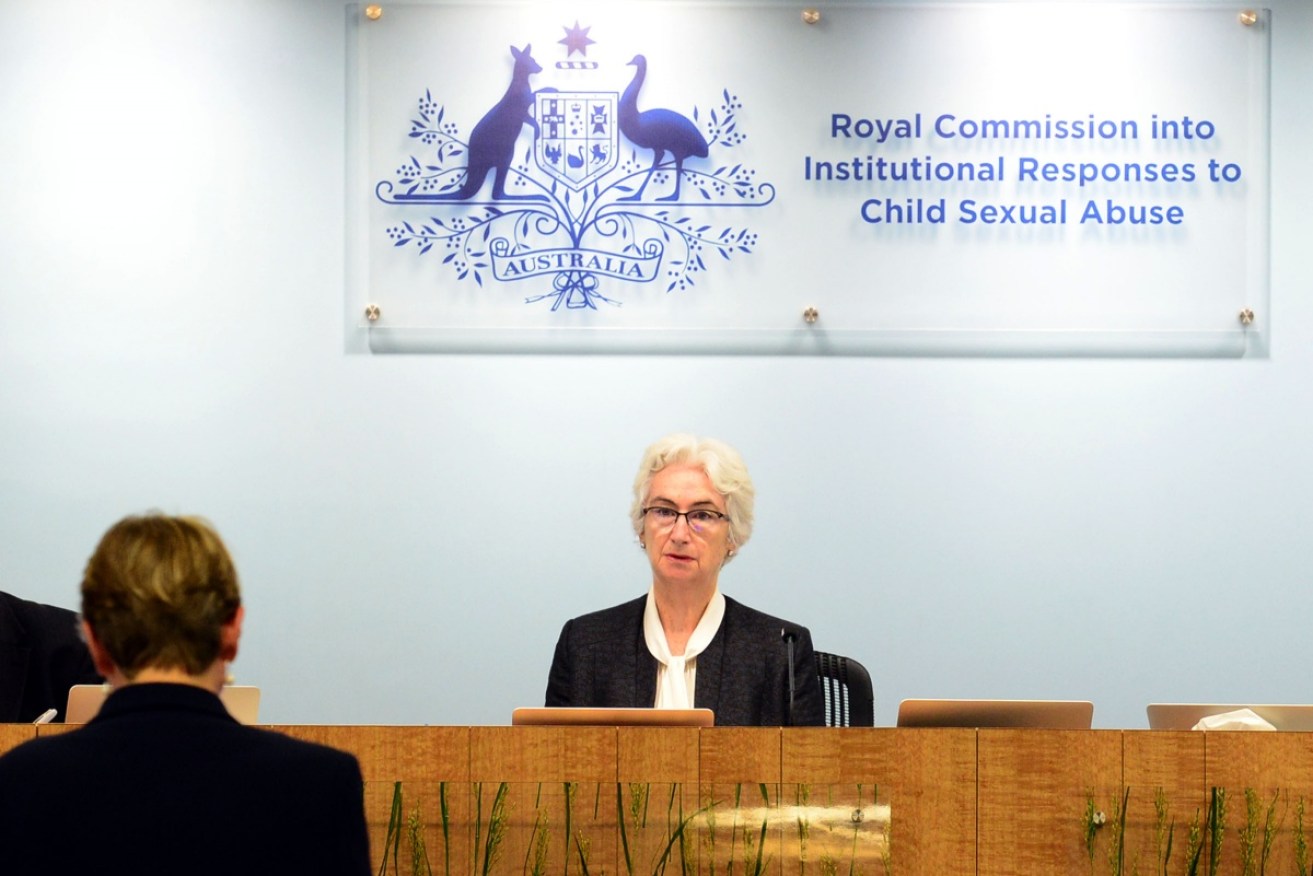Child protection: more time ‘driving desks than visiting children’

AAP
The protection of vulnerable children in residential homes or foster care in Australia is being impeded by a bureaucracy where workers spend far more time “driving desks than visiting children”, an inquiry has heard.
The Royal Commission into Institutional Responses to Child Sexual Abuse is holding two weeks of hearings into the policies and practices of state and territory governments to protect children from abuse.
More than 43,000 children were in out-of-home care in June 2014, including residential homes, foster families or the care of relatives.
• Out-of-home care risk: inquiry
• Abuse barriers begin to tumble
• Former headmaster accepts some of the blame
The commission has heard the number of Australian children who can no longer live safely at home is rising, and that such children are entering care earlier and staying longer.
Public servants from five states and territories today gave evidence about their own procedures for supporting children in out-of-home care.

Justice Peter McClellan is leading the Royal Commission into child sexual abuse. Photo: AAP
Deputy secretary of Tasmania’s Human Services Department, Tony Kemp, told the royal commission that bureaucracy and a workplace where staff spent more time “driving desks” has compromised the quality of care for many children in need.
Mr Kemp said the 80-20 rule where workers ideally spend 80 per cent of their time visiting or seeing children in care and 20 per cent doing the paperwork has been reversed – through no individual’s fault – because of years of reviews, inquiries, inquests and reforms aimed at making childcare agencies safe.
“One of the questions that your colleague asked about what keeps people awake at night – and what keeps me awake at night – is what we’re not seeing,” he said.
“And one of the reasons is not that people prefer to be sitting behind desks, and prefer to be filling out forms, but they simply are not facilitated in order to engage in that relationship-based practice.
“The knowledge is there, the desire and the will is there very often. The intent is there.”
Workers ‘spend less time building a relationship’
Mr Kemp said the current child protection system was “over-engineered”.
“(It) has created its own paradox whereby seeking to be compliant with all of the instructions and requirements and procedures and policies, that workers are inadvertently spending more time engaging in that element of the work and less time in actually building a relationship which takes time,” he said.
“It’s a time consuming principle of our practice. And unless we start inverting that pyramid then we’ll continue to struggle to engage our workers in the things that they intuitively know they need to do.
“And the voices of the child in that space are loud and clear, and the voices and the theory are loud and clear but we have created an architecture which I believe prevents workers from engaging in that in a purposeful and meaningful way.”
– ABC








